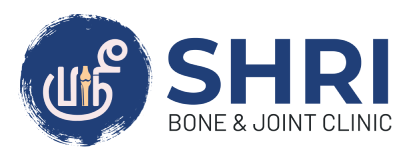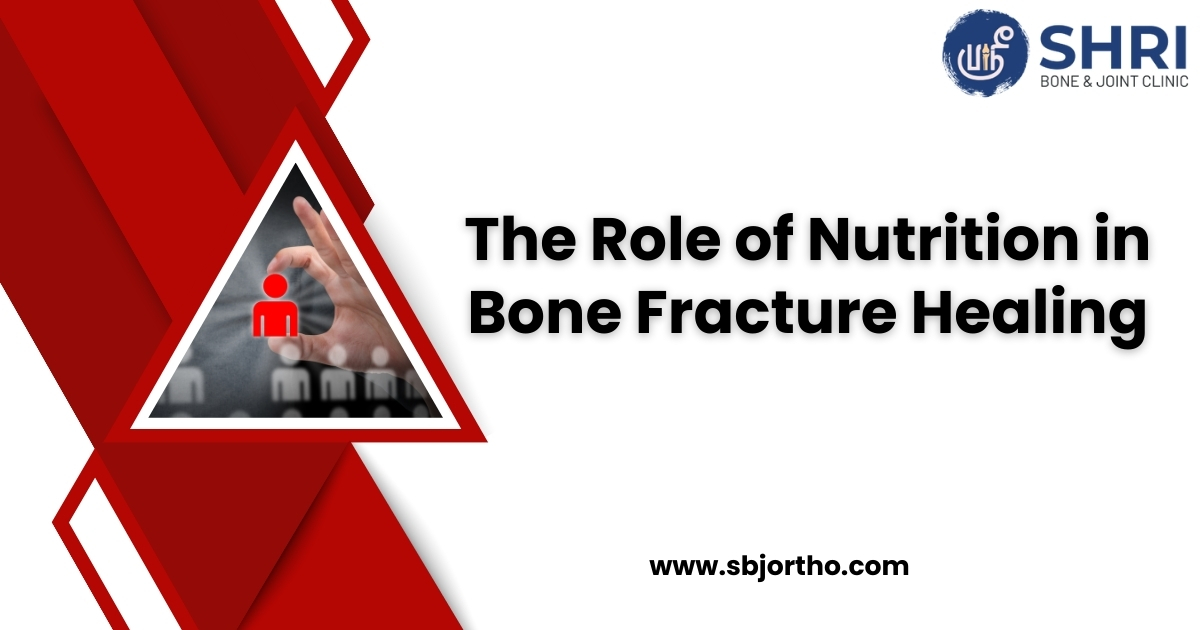After a Fracture, your bone requires reconstruction. Consuming a nutrition and balanced diet, rich in essential nutrients, can speed up this process.
Unless advised by your doctor, there is no necessity to rely on supplements. Their effectiveness is only sometimes guaranteed. Opting for a nourishment diet from natural sources is far more beneficial than relying on pills.
Protein
Approximately 50% of the composition of your bones consists of these essential components. In the event of a fracture, your body relies on it to facilitate the formation of new bone for the mending process.
Moreover, it plays a crucial role in enabling your body to absorb and utilize calcium, which is another vital nutrient essential for maintaining strong and healthy bones.
Excellent sources of protein nutrients include meat, fish, dairy products such as milk, cheese, cottage cheese and yogurt, as well as nuts, seeds, beans, soy products and fortified cereals.
Calcium
This particular mineral also aids in the development of sturdy bones; therefore, consuming foods and beverages that are abundant in it can facilitate the healing process of your bone fracture. It is recommended for adults to consume a daily intake of calcium ranging from 1,000 to 1,200 milligrams.
Your Physicians will advise you on whether you require a calcium supplement and appropriate dosage, if necessary.
Some excellent sources of Calcium are milk, Yogurt, Cheese, Cottage Cheese, Broccoli, collard greens, kale, bok choy, soybeans, canned tuna or salmon with bones, almond milk and fortified cereals or juice.
Vitamin D
Including the vitamin in your diet is essential for the healing process of your fracture. It plays a crucial role in enabling your blood to absorb and utilize calcium as well as promoting the accumulation of minerals in the bones.
Exposure to sunlight allows your body to provide vitamin D naturally, making it beneficial to spend a brief period outdoors each day. Even just 15 minutes of sun exposure can be sufficient for fair-skinned individuals.
While Vitamin D naturally presents in limited numbers of foods such as egg yolks and fatty fish, it is also added to other food products like milk or orange juice manufacturers.
It is recommended that adults consume a minimum of 600 IU of vitamin D daily, and if they are over the age of 70, the recommended intake increases to at least 800 IU.
Excellent sources of these nutrients include swordfish, salmon, cod liver oil, sardines, liver, fortified milk or yogurt, egg yolks and fortified orange juice.
Vitamin C
Collagen, a vital protein, serves as a crucial component in bone formation. The synthesis of collagen in your body is facilitated by Vitamin C, thereby aiding in the healing process of bone fractures. Numerous delectable and fresh fruits and vegetables are excellent sources of these nutrients.
However, it is important to note that vitamin C content may diminish in aged or heated procedures. Hence, it is advisable to opt for fresh or frozen options.
High-quality sources: Oranges, kiwi fruits, berries, tomatoes, peppers, potatoes and green vegetables are all considered to be top-notch options.
Iron
Iron deficiency anemia, characterized by insufficient healthy red blood cells, can impede the healing process following a fracture. Iron is essential for the production of collagen, which is crucial for bone reconstruction. Additionally, it aids in transporting oxygen to the bones, facilitating their recovery.
Excellent sources of essential nutrients include red meat, dark meat, chicken or turkey, oily fish, eggs, dried fruits, leafy green vegetables, whole-grain breads, and fortified cereals.
Potassium
Consuming an adequate amount of this essential mineral in your daily diet can help minimize the loss of calcium through urine. Numerous varieties of fresh fruits are abundant sources of potassium.
Prominent sources include bananas, orange juice, potatoes, nuts, seeds, fish, meat, and milk.
Here are some recommendations on what to avoid consuming
Alcoholic Beverages
Although it is not necessary to eliminate alcohol from your diet, it is advisable to reduce its consumption. Alcohol can hinder the healing process of bones, slowing down the formation of new bone to repair fractures. Additionally, excessive alcohol intake can affect your balance, increasing the risk of falls and potential injuries to the same bone.
Excessive salt
Consuming too much salt can lead to increased calcium loss through urine. It is important to be mindful of hidden sources of salt in certain foods and beverages that may not taste salty. Checking labels and aiming for approximately one teaspoon or 6 grams of salt per day is recommended.
High caffeine intake
Consuming large amounts of caffeine, such as more than four cups of strong coffee per day, can slightly delay bone healing. Caffeine can also have a diuretic effect, causing increased urine production and potential calcium loss. However, consuming a moderate amount of coffee or tea should be fine.
Best place for Bone Fracture Healing
Shri Bone & Joint Clinic is Chennai’s best place for Bone fracture healing. One of the best and most genuine hospitals, we have ten or more years of experienced doctors in this field. We have the best Orthopedic Specialists in Chennai.
The patient’s appointment request is scheduled for the same day based on the doctor’s availability. The medical fee is determined based on the treatments received and charged at a reasonable and minimal rate. Emergency walk-in patients receive equal priority as patients with scheduled appointments.
Get the best treatment for leg bone fracture and hand bone fracture treatment in Chennai at Shri Bone & Joint Clinic at an affordable price.

